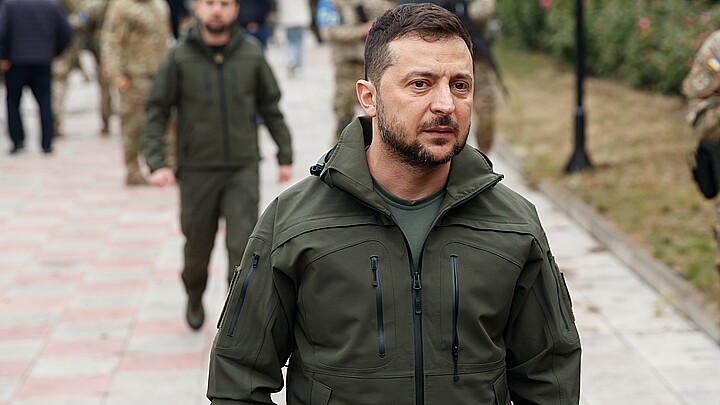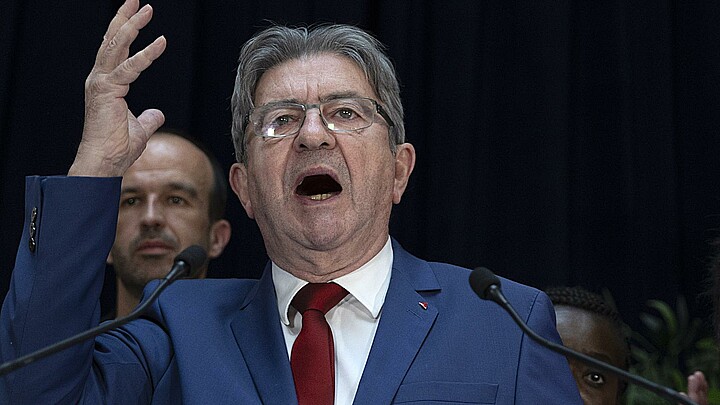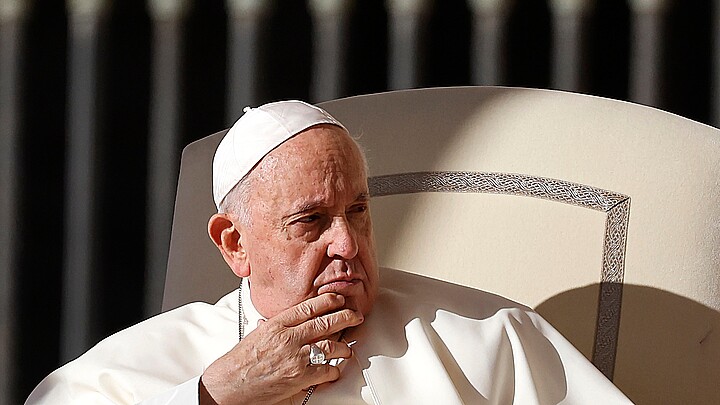Politics
Russia accused of playing politics as it reverses flow in key pipeline, sending gas prices soaring
Critics have accused Moscow of withholding gas as leverage towards its goals in the region, like its tense standoff with NATO over Ukraine
December 22, 2021 12:44am
Updated: December 22, 2021 4:25pm
Europeans gas prices hit a record high on Tuesday when a pipeline for Russian gas switched to flow east, away from Germany, a move which Moscow denies is political.
The Yamal-Europe pipeline is one of main routes for Russian gas to Europe, connecting oil fields in Siberia and the Yamal Peninsula to Germany and Poland. The flow westward began slowing on Saturday, stopping completely early Tuesday before it reversed direction, sending gas prices soaring, according to Reuters.
Critics have accused Moscow of withholding gas as leverage towards its goals in the region, like its tense standoff with NATO over Ukraine and the certification of Nord Stream 2, another Russia-Germany gas pipeline.
Russian officials said there was no connection.
"There is absolutely no connection [to Nord Stream 2], this is a purely commercial situation," Kremlin spokesman Dmitry Peskov said when asked about possible links between Yamal flows and Nord Stream 2, according to the outlet.
The European benchmark for gas, called the front-month wholesale Dutch gas price, rose over 16% to a record high of 171.40 euros ($193.46). This affected the price of power as well, with German baseload power, a benchmark for electricity, jumping 10% to set a new contract high of 278.50 euros ($314.34).
The market was already tight on the continent because of other factors, such as Germany’s decision to close some nuclear plants at the end of the year, nuclear outages in France, and colder weather.
"Europe has very little storage buffer this winter and Europe's balance is therefore a lot more dependent on imports than in previous years," James Waddell, head of European gas at Energy Aspects, said.
However, two major buyers in Germany said Gazprom, Russia’s state-owned energy corporation, was meeting its contracts. Poland’s gas monopoly, PGNiG, said it was also receiving everything in full.










